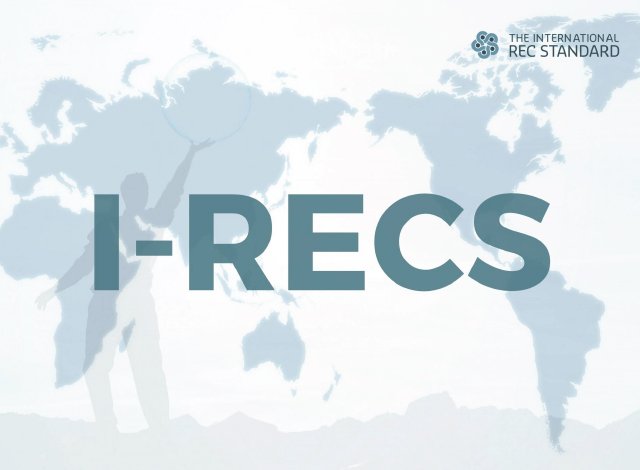Renewable Energy in International Markets: I-RECs

Renewable Energy in International Markets: I-RECs
The International REC Standard (I-REC Standard) is empowering electricity purchasers in any region of the world to make renewable electricity consumption choices.
What Is a Renewable Energy Certificate (REC)?
Renewable Energy Certificates (RECs) are market-based instruments that certifies the bearer owns one megawatt-hour (MWh) of electricity generated from a renewable energy resource. Once the power provider has fed the energy into the grid, the REC received can then be sold on the open market as an energy commodity. RECs earned may be sold, for example, to other entities that are polluting as a carbon credit to offset their emissions.
◉ I-REC (I-REC standard certificate)
I-REC features include:
- Location: 30+ countries in Asia, Latin America, Africa, and the Middle East
- Governance: The I-REC Standard
- Technical Restriction: Issuance limitations vary by country
- Transparency: Verification processes ensure integrity and prevent double counting
- Supporters: CDP, RE100
.jpg)
CO₂ emissions from the production of products and services that cannot be reduced can be offset through the purchase of CO₂ certificates, which in turn makes them climate neutral. For this purpose, CO₂ certificates are sold in the accordant amount and subsequently cancelled. This cancellation confirms verifiability that the certificate’s owner has performed carbon offsetting measures.
.jpg)
The amount of greenhouse gas emissions that are reduced or avoided through a climate protection project are calculated as follows: For power production with renewable energies, the amount calculated is the amount of greenhouse gas emissions that the climate protection project reduces or avoids.
Furthermore, a scenario is described that highlights the greenhouse gas emissions that would have been created without the climate protection project. This scenario is referred to as a baseline. The difference between the baseline emissions (reference case emissions) and the expected project emissions provide the expected reduction in emissions

CO₂ emissions from the production of products and services that cannot be reduced, can be offset through the purchase of CO₂ certificates, which in turn makes them climate neutral. For this purpose, CO₂ certificates are sold in the accordant amount and subsequently cancelled. This cancellation confirms verifiability that the certificate’s owner has performed carbon offsetting measures.

